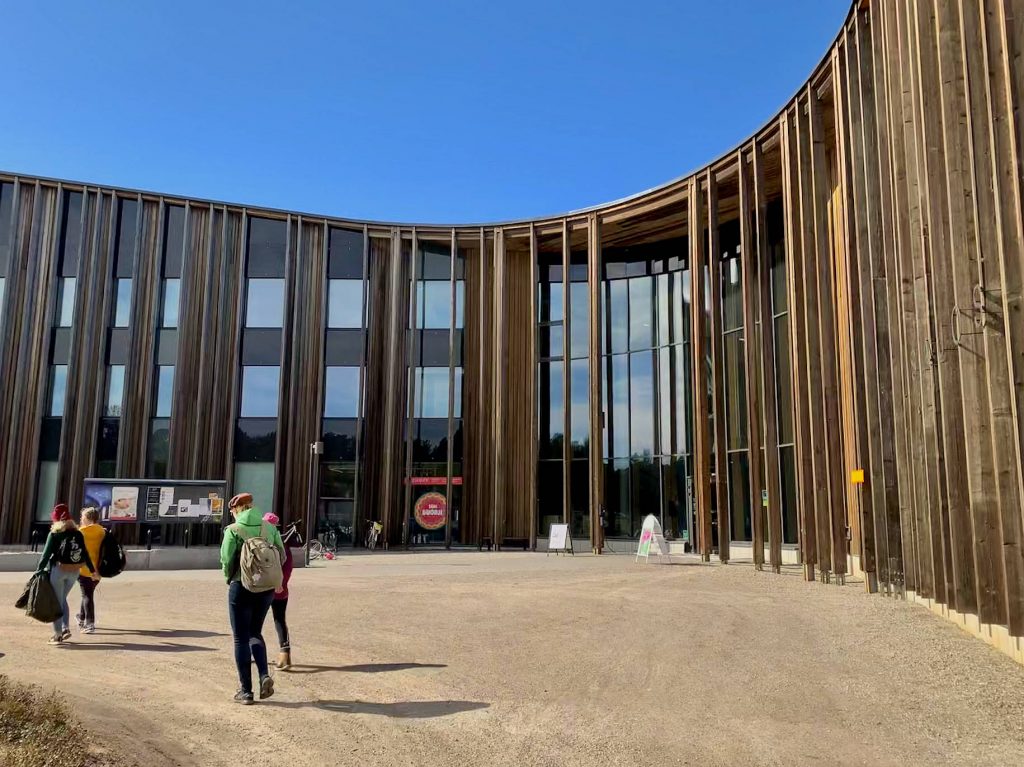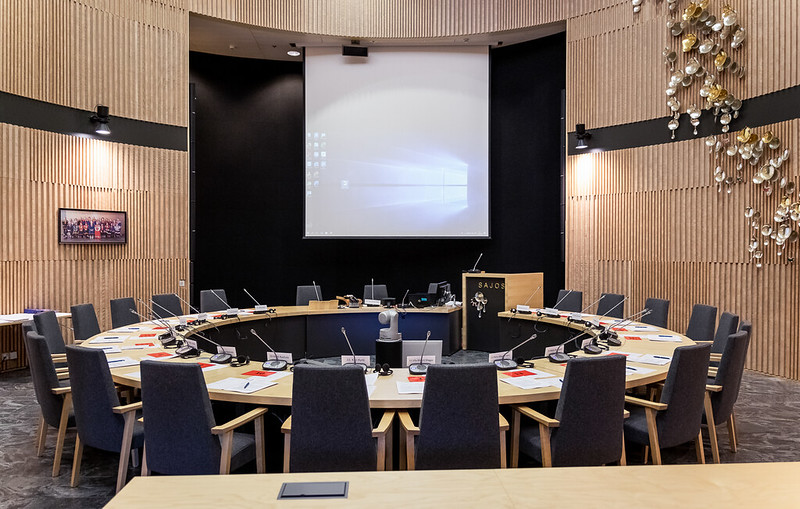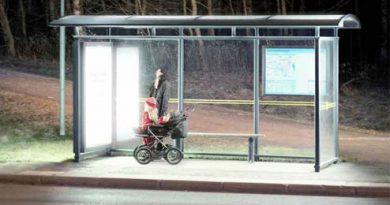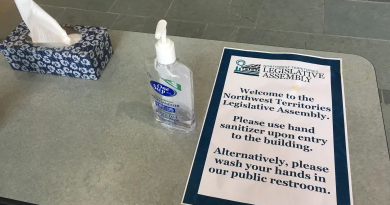Lack of progress on Sami act in Finland “deeply concerning:” Sami Parliamentary Council

The body made up of the Sámi parliaments in Finland, Norway, and Sweden said on Wednesday that it’s “deeply concerned” by delays on reform to the Sámi Parliament Act in Finland.
“The Sámi Parliamentary Council is deeply concerned about the lack of progression and that the Finnish government has not yet submitted the act to the Parliament of Finland, in line with the negotiated result between the Finnish government and the Sami Parliament in Finland,” the council said.
The statement, signed by the president of the Sami Parliamentary Council and the Sámi Parliament in Sweden Håkan Jonsson, the Vice President of the Sámi Parliamentary Council and the President of Sámi Parliament in Norway Silje Karine Muotka and the Vice President of the Sámi Parliamentary Council and the President of the Sámi Parliament in Finland Tuomas Aslak Juuso, was dated Nov. 15.

The controversy centres around changes to the Sámi Parliament Act, which would allow the Sami Parliament alone to decide who can be defined as Sami and therefore vote in Sami parliament elections.
Currently, the law in Finland allows those whose ancestors historically paid ‘Laplander taxes,’ paid by people who hunted, fished and raised reindeer, to vote for elections in the Sami Parliament, even if they are ethnically Finnish.
“It would seem to be obvious that the descendants of ethnic Finns who paid the Lapp tax should not be included in the self-governing body of the Sámi people,” the council said.
Finland’s public broadcaster Yle News reported this week that the Centre Party in Finland had repeatedly delayed the new law, but that Prime Minister Sanna Marin, from Finland’s Social Democratic Party, was planing to send the law to parliament on Thursday.

The Saami parliaments of Finland, Norway and Sweden represent the Saami populations in their respective countries. Members of the Saami parliaments in each country are elected every four years. The parliaments are not law-making bodies and do not have veto power over land, water or resource exploitation in traditional Saami areas. However, as Norway has ratified ILO-169, Saami in that country now have a bigger role in the decision-making process when it comes to projects and developments that may affect lands and waters in their traditional areas.
“Existential threat to the legitimacy of the Sámi Parliament”
Earlier this month, the Saami Council, the NGO that promotes the rights and pan-Arctic interests of the estimated 100,000 to 150,000 Saami in Finland, Sweden, Norway and Russia – the Saami homeland collectively referred to as Sapmi, said the longer the law is on the book, the more it’s an existential threat to the Sami Parliament in Finland.

“The “New Lapp movement”, which has arisen in the hope of land rights, aims to water down the Sámi’s still fragile cultural self-governance,” Aslat Holmberg, president of the Saami Council, said.
“It is about an existential threat to the legitimacy of the Sámi Parliament. The Sámi representative body would lose its meaning if the decision-making power was exercised by others than the Sámi.”
The Sami Parliamentary Council says the controversy has gone on too long, as the United Nations Declaration on the Rights of Indigenous Peoples, has already determined that “Indigenous Peoples have the right to determine their own identity or membership in accordance with their customs and traditions, and the right to determine the structures and to select the membership of their institutions in accordance with their own procedures.”
It also points to the 2019 ruling by the UN Human Rights Committee that the current Sami Parliament Act violates human rights treaties.
“The council demands the end of the current human rights treaty violations in Finland and necessary actions to secure the Sámi Peoples’ right to self-determination through the Sámi Parliament in Finland as a representative body,” the statement said.
Write to Eilís at eilis.quinn@cbc.ca
Related stories from around the North:
Finland: Project to educate Finnish students about Sami needs to be permanent: Youth Council, Eye on the Arctic
Greenland: Indigenous knowledge must be included in policy making say Inuit leaders, Eye on the Arctic
Norway: Can cross-border cooperation help decolonize Sami-language education, Eye on the Arctic
Sweden: Sami in Sweden start work on structure of Truth and Reconciliation Commission, Eye on the Arctic



